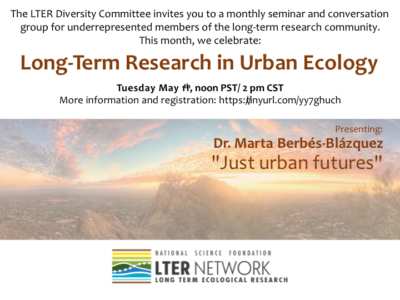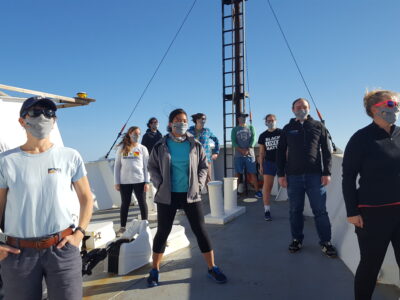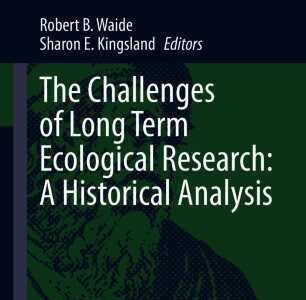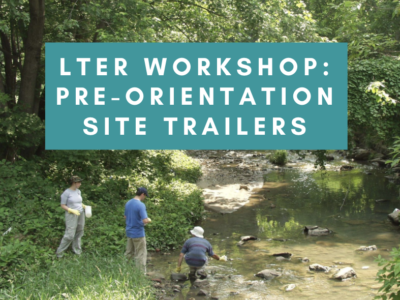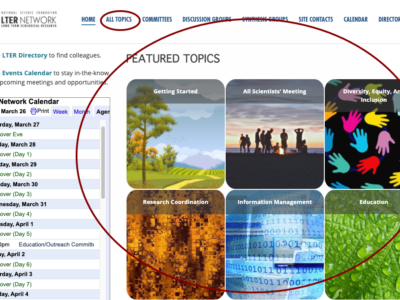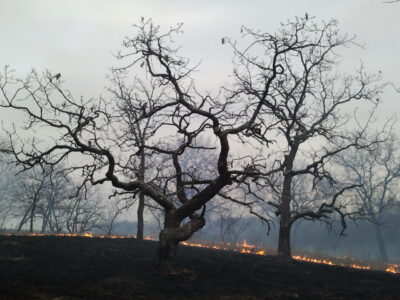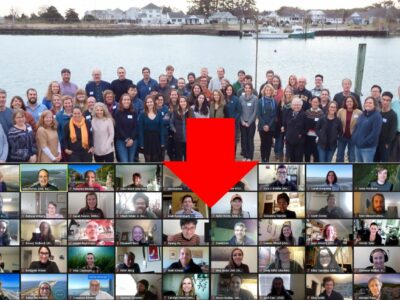Information Management Committee Bylaws Revision
The Executive Team of the LTER Information Management Committee has reviewed the Committee’s Bylaws and is requesting approval of several updates. The original impetus for the update (and the only change of any real significance) is to allow the Executive Committee to choose their own chair(s) rather than having chairs selected by the IMC. IM-Exec… Read more »

